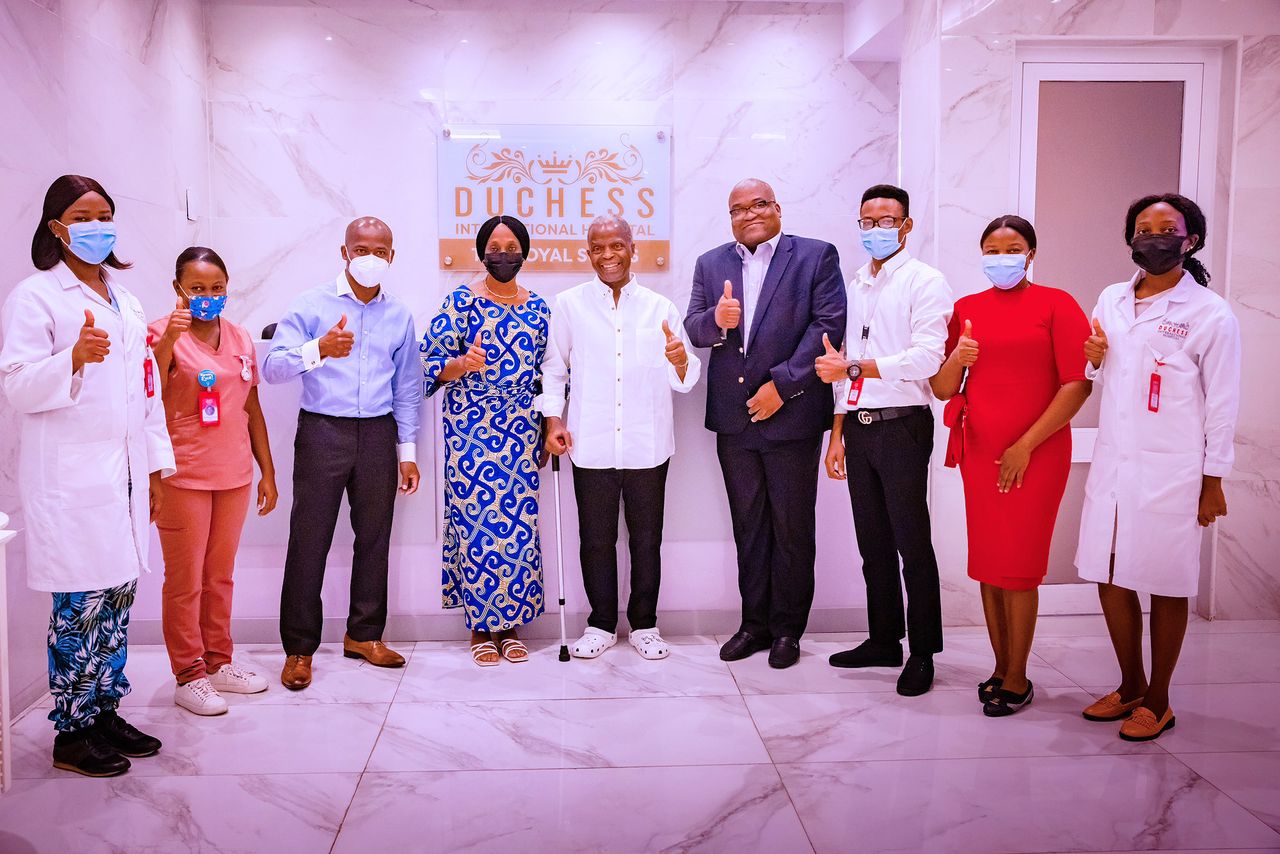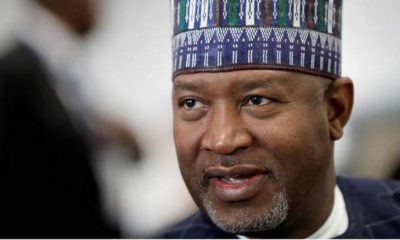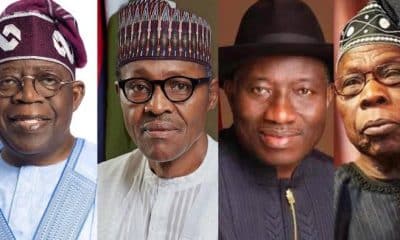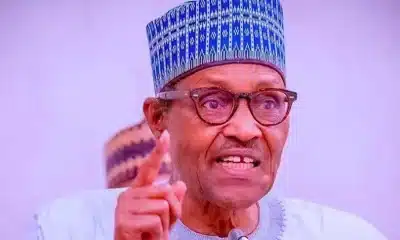Nigeria News
Osinbajo And The Rot In The Nigeria Health Sector By Bright Okuta

On July 16, 2022, Vice President Yemi Osinbajo announced, through his media aide, Mr. Laolu Akande that he was admitted at Duchess Hospital, Lagos, for a surgery on account of a right femur (thigh bone) fracture as a result of an injury that was associated with a game of squash he played.
Nigerians on social media sent good wishes to the VP. Opposition politicians, including Peter Obi wished the vice President a quick recovery.
The confidence and trust, the Vice President deposited in Nigerian doctors are worthy of commendation and emulation. And for once, we have a Nigerian politician, the rank of the Vice President who didn’t just come out in public to disclose his ailment as a public figure without unnecessary drama, suspense and suspicion, but also used a Nigerian hospital for corrective surgery.
It makes no modicum of sense to point this out, if the health sector and the Nigerian system were in a working condition like in saner climes. It is the appropriate way as a political office holder. But it is a solid point to note because this is Nigeria where there is systemic rot in every sector.
I would have passed this as one of those election shenanigans, if he did that before the APC presidential primary. It would have been tagged ‘election theatrics’—by many, including me—acted deliberately to manipulate the minds of Nigerians and score cheap points. But that wasn’t the case as this happened more than a month after he lost the Presidential primary.
An average Nigerian politician possesses a swollen appetite for medical tourism. Medical tourism, a term used to describe people traveling abroad to obtain medical care is a very common practice by Nigerian politicians including the incumbent President, Muhammadu Buhari.
Since the inception of his administration, the President has spent a total of 201 days on medical tourism outside the country. Billions of Naira have been spent, meanwhile, the Nigerian health sector is submerged in a sump of decay.
The ordinary Nigerians are always the victims of this systemic rot. Public hospitals are grossly inadequate and not properly equipped with paucity of funds to manage them. A lot of obsolete medical equipment in government hospitals; low medical personnel with minuscule salaries and shortage of doctors are some of the setbacks affecting government hospitals. An average Nigerian health worker desires to travel abroad where they are valued and paid handsomely. Where the government caters to the welfare of health workers with mouthwatering salaries, incentives and other benefits.
In contrast, the welfare condition of healthcare workers here in Nigeria is so bad that it erases the work zeal in workers.
Sick patients queue for hours to see doctors in government hospitals, which, in most cases, doctors on duty are at most two or three attending to over 300 patients.
In 2021, I spent 10 weeks at Asokoro District Hospital Abuja, and I witnessed firsthand, the pathetic condition of critically sick patients and how they were treated. Although public hospitals are ill-equipped, Nigeria has a lot of state-of-the-art and purpose-built private hospitals that can cater to the health demands of any kind of sickness including transplants and complex surgeries. But how many Nigerians can afford these hospitals? How many Nigerians can afford to pay 50,000—100,000 for a day in a hospital bed?
It should be a matter of urgency that the federal government focuses on the deteriorating health sector to revamp it.
Politicians should stop medical tourism abroad and fix the rot in our health sector.
There should be a bill that will mandate all public office holders to use Nigerian hospitals for their health care.
They should emulate the Vice President.
Bright Okuta is a writer and digital journalist.
Twitter: @BrightOkuta Email: [email protected]












